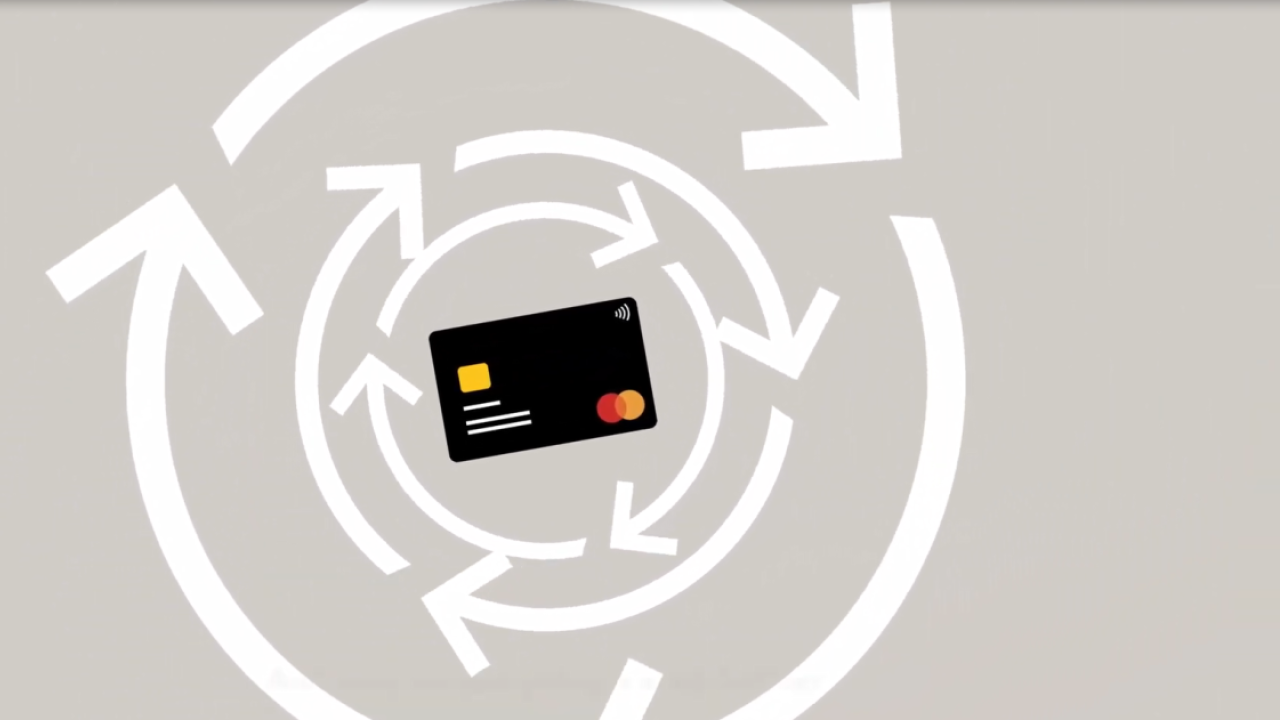Mastercard has announced intentions to replace all first-use PVC plastic in its payment card network with recycled plastic by 2028.
Many environmentally conscious clients are seeking ways to make their credit cards less detrimental to the environment. This change would satisfy those customers while also assisting the corporation in meeting its sustainability goals.
In 2018, Mastercard’s Digital Security Lab, in collaboration with card manufacturers Gemalto, Giesecke+Devrient, and IDEMIA, announced the Greener Payments Partnership to reduce first-use PVC plastic in card manufacturing. Mastercard has banking partnerships in over 80 countries. It introduced Mastercard Card Eco-Certification (“CEC”) in 2021.
According to the study, new plastic payment cards will be constructed of recycled or bio-sourced plastics such as rPVC, rPET, or PLA1 beginning January 1, 2028. The Card Eco Certification mark will also appear on these cards.
Read also: Ethswitch, Mastercard digitize Ethiopian payments
Mastercard’s 2018 Sustainable Card Programme
The Sustainable Card Programme was introduced by Mastercard in 2018. Since then, over 330 issuers from 80 different countries have joined, and together with the largest card manufacturers, they have transitioned over 168 million cards on their network to recycled and bio-based materials.
The statement supports the company’s efforts to develop cutting-edge, digital-only card programmes that do away with the need for physical card offerings while also accelerating such efforts.
Mastercard will use certified new cards in the coming year to test and prove its sustainability claim. In company press releases, it was said that certification would be checked by an independent third-party auditor. “Card Eco Certified” could be written on a card after it has been checked.
Ajay Bhalla, President of Cyber and Intelligence at Mastercard, said, “As an industry, we are all working towards a more sustainable and environmentally friendly future, and Mastercard is leading the way.”
As our customers respond to consumers’ growing desire to make more eco-friendly choices, we are making a firm commitment to reducing our environmental footprint for the benefit of people, the planet, and inclusive growth.
Mastercard has focused on financial inclusion, data accountability, and the environment for over a decade. Our Precious Planet Coalition, the Carbon Calculator, and the Sustainable Card were developed with partners through its network.
Ellen Jackowski, Mastercard’s Chief Sustainability Officer, said, “Mastercard is dedicated to furthering climate action and reducing waste by driving our business towards net zero emissions and utilizing our network and scale to speed the transition to a low-carbon, regenerative economy.”
Partner banks’ response to Mastercard
Taylan Turan, global head of retail banking and strategy for wealth and personal banking at HSBC, said: “Packaging, construction materials, and recycled bottles employ alternative plastics such as rPVC, rPET, and PLA.”
Financial services will benefit greatly from what Mastercard said. Emerging sustainable materials like rPVC, he claimed, “provide our industry a clear way to speed up its work towards a more sustainable future.”
Recycled plastic payment cards have been launched in 28 of HSBC’s global markets, and all debit, credit, and commercial cards must be constructed from sustainable materials. This prevented 85 tonnes of plastic from being dumped.
Michael Battagliese, Senior Vice President and Head of Payment Solutions at Bank of the West2, says, “We think that doing business sustainably is just the right thing to do.” We created our “1% for the Planet” checking account debit cards with Mastercard to reduce first-use PVC’s environmental impact.
“This project is a positive step towards a sustainable future,” stated Starling Bank Chief Banking Officer Helen Bierton. We were one of the first banks to remove first-use PVC from debit cards.




